UAE Emirates Crop One's Bustanica farm produces 3 tonnes of greens per day on an area of 10,000 m2.
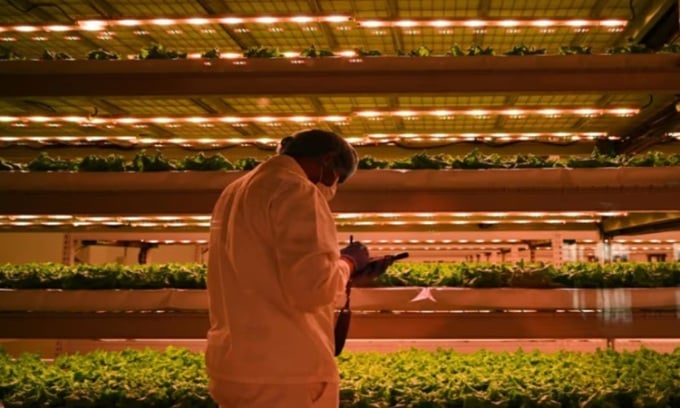
Bustanica's vertical farm saves more land and water than traditional farms. Photo: CNA
Climate change is making traditional agriculture more difficult, forcing businesses to look for new solutions to address the problem at its root. Bustanica is the world's largest vertical farm in Dubai. Their produce is on the menu on Emirates flights. Their vegetables are also available in many supermarkets in the United Arab Emirates (UAE). Bustanica's 10,000-square-meter facility produces 3 tons of greens a day in an environment that controls temperature, humidity, water, and nutrients. The farm uses a fraction of the land and water used by traditional farms, according to CNA .
“If you wanted to produce the same amount of leafy greens, you would need nearly 470,000 square metres of land, which is about twice the size of Dubai International Airport,” said Feras Al Soufi, general manager of Emirates Crop One, the company running the project.
The farm, which has been operating for nearly a year, uses 95 percent less water than a conventional farm. In a water-scarce country like the UAE, where much of its water supply comes from an energy-intensive desalination plant, the reduced water consumption eases the burden on the electricity supply and reduces emissions. “Normally, to produce one kilogram of lettuce, you need 370 liters of water. In Bustanica, we only need 15 to 17 liters of water,” said Al Soufi. He estimates that Bustanica saves about 200 million liters of water a year.
This isn’t the only company pushing indoor farming in the UAE. Alesca Life, an agritech company, has built a vertical farm that automatically grows leafy greens and provides farm management solutions. The farm, which is equipped with LED lights and custom-made irrigation and monitoring equipment, resembles a shipping container and has a flexible, modular design. While its parent company is based in Singapore, Alesca Life also operates in China, Japan, and the UAE. Over the past decade, it has supplied technology to customers in those countries and Saudi Arabia.
Another company, Food Tech Valley, signed an agreement at the COP28 climate change conference to develop a 900,000-square-foot “GigaFarm” that will grow 3 million kilograms of food a year, the equivalent of 2 billion trees. Their closed-loop system is expected to eliminate food waste and conserve water to the point where it will not need to be connected to the mains or tap into groundwater. Construction is set to begin next year and be fully operational by 2026.
Both food security and sustainability are major concerns for the UAE, a Gulf state that imports 83% of its food. The UAE aims to be the world's leading food security leader by the middle of the 21st century. It faces some of the same goals and challenges as Singapore, which imports about 90% of its food and relies on high-tech farms and advanced agricultural methods to boost production.
An Khang (According to CNA )
Source link


![[Photo] Prime Minister Pham Minh Chinh receives Mr. Jefferey Perlman, CEO of Warburg Pincus Group (USA)](https://vstatic.vietnam.vn/vietnam/resource/IMAGE/2025/4/18/c37781eeb50342f09d8fe6841db2426c)



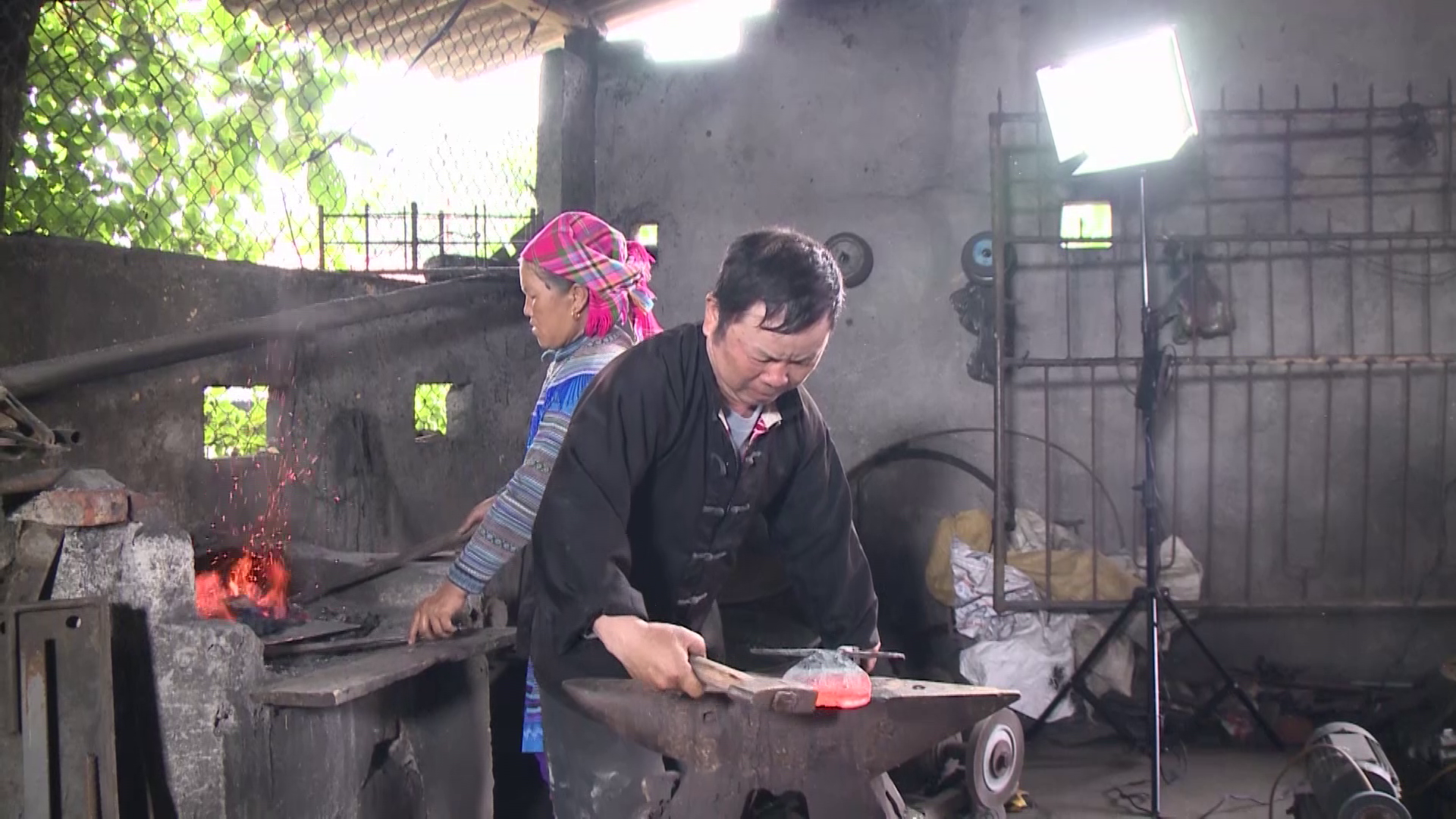
![[UPDATE] April 30th parade rehearsal on Le Duan street in front of Independence Palace](https://vstatic.vietnam.vn/vietnam/resource/IMAGE/2025/4/18/8f2604c6bc5648d4b918bd6867d08396)


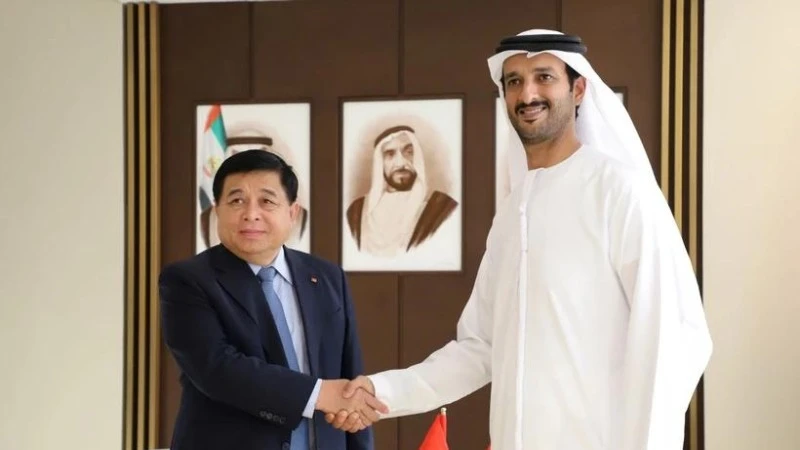

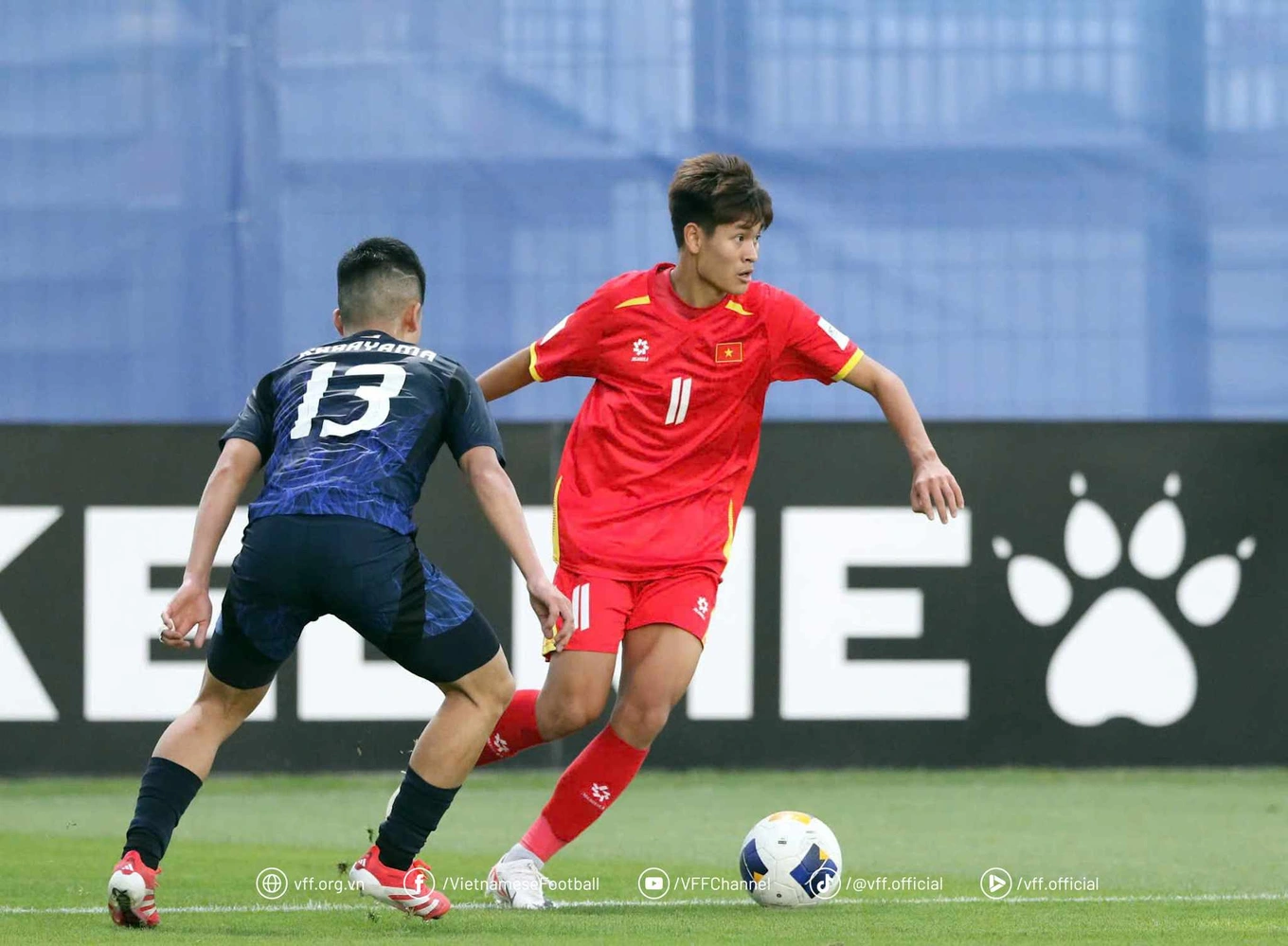

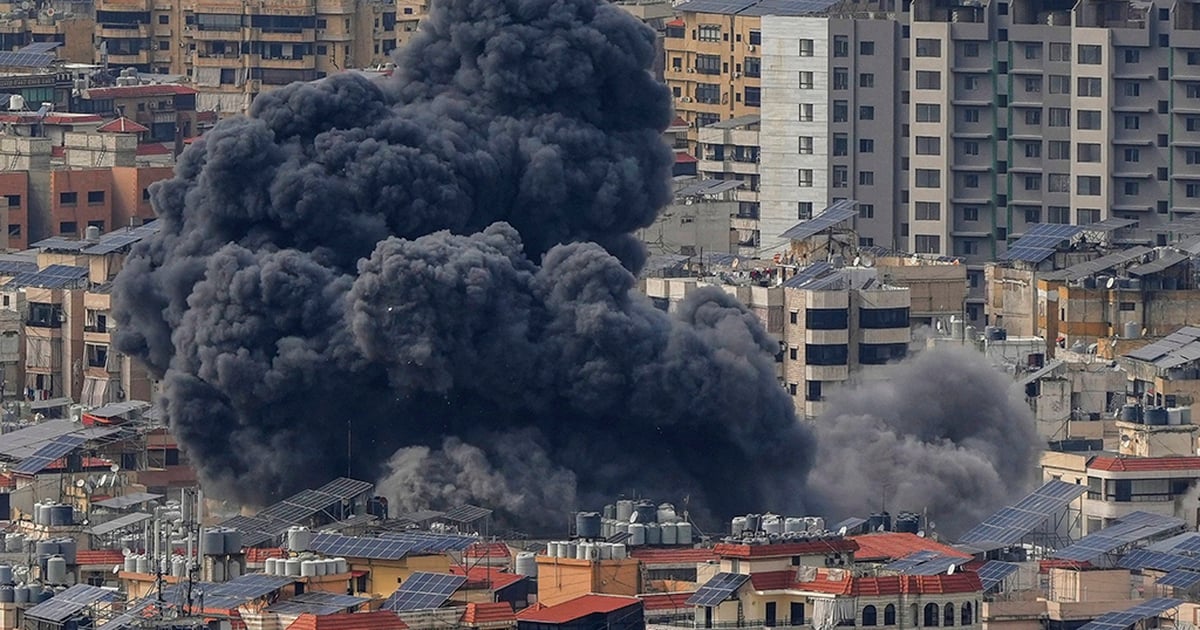

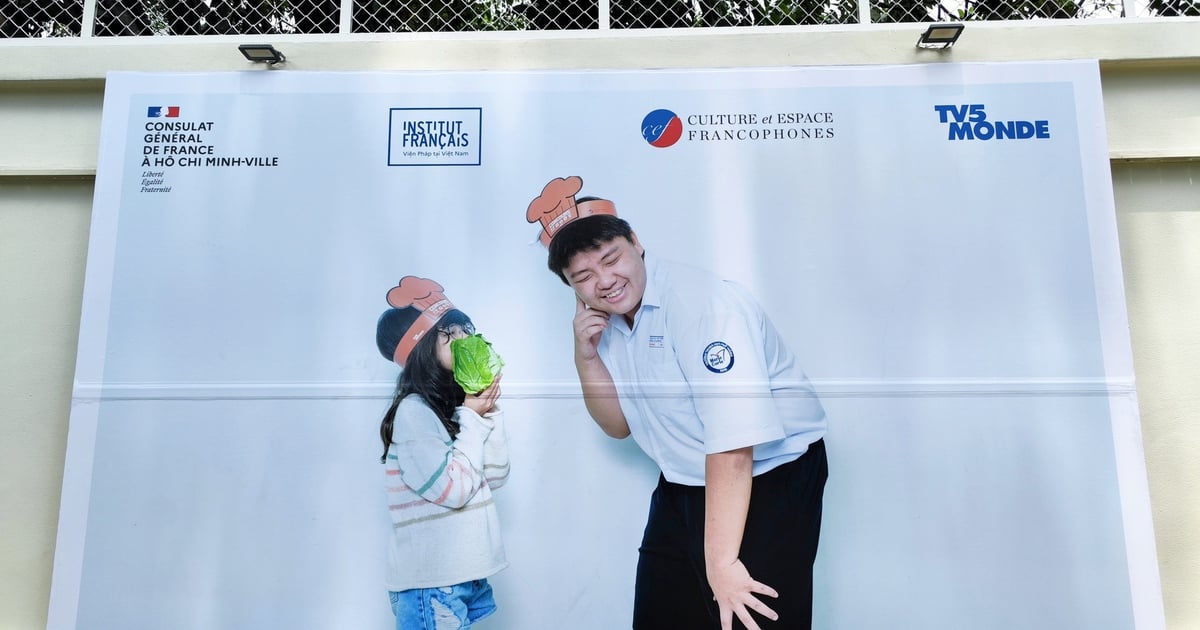

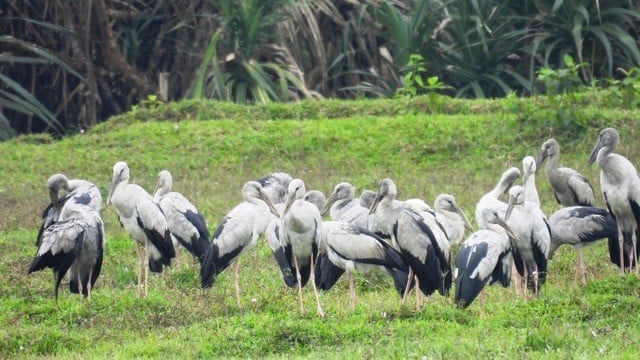
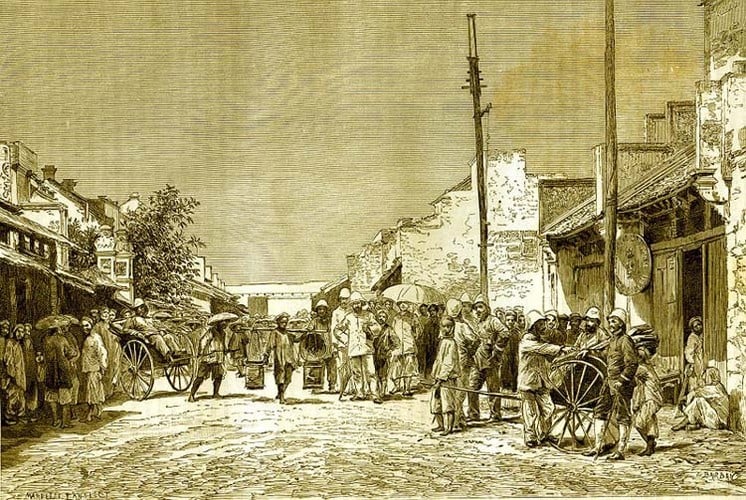
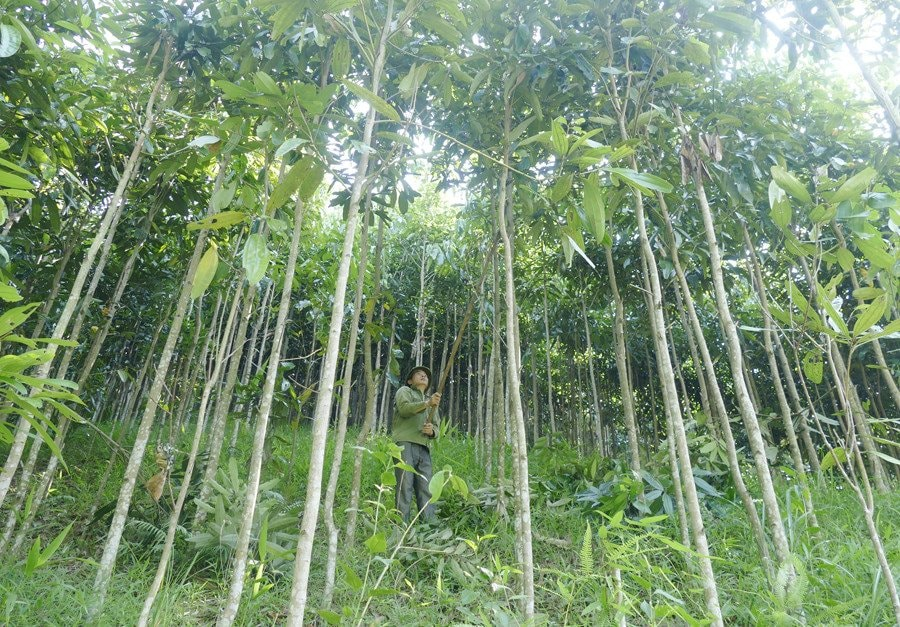

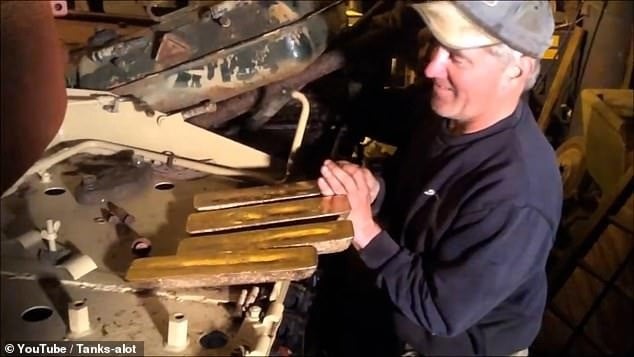
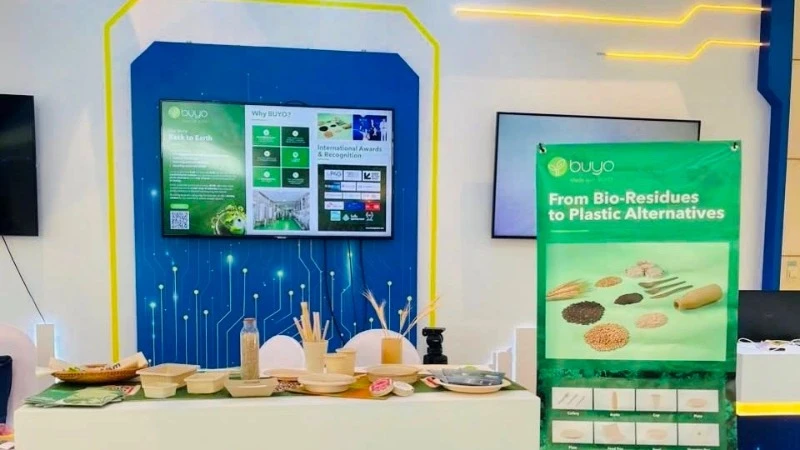












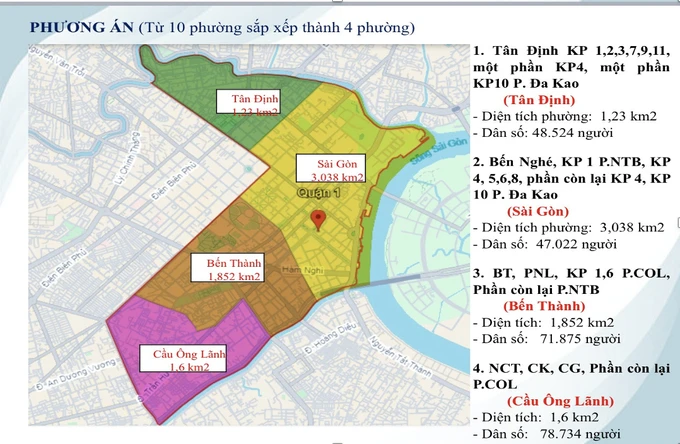





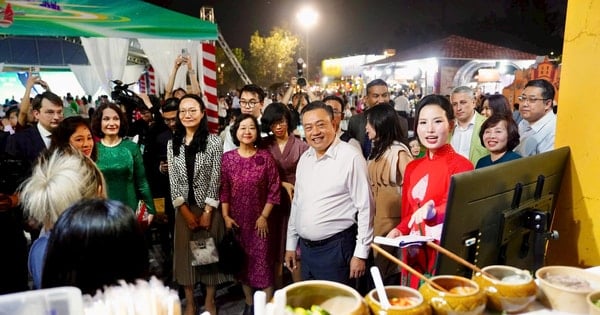

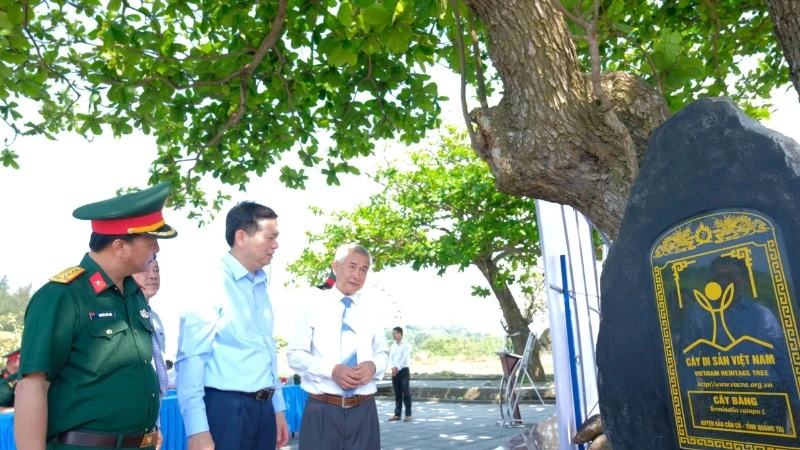






















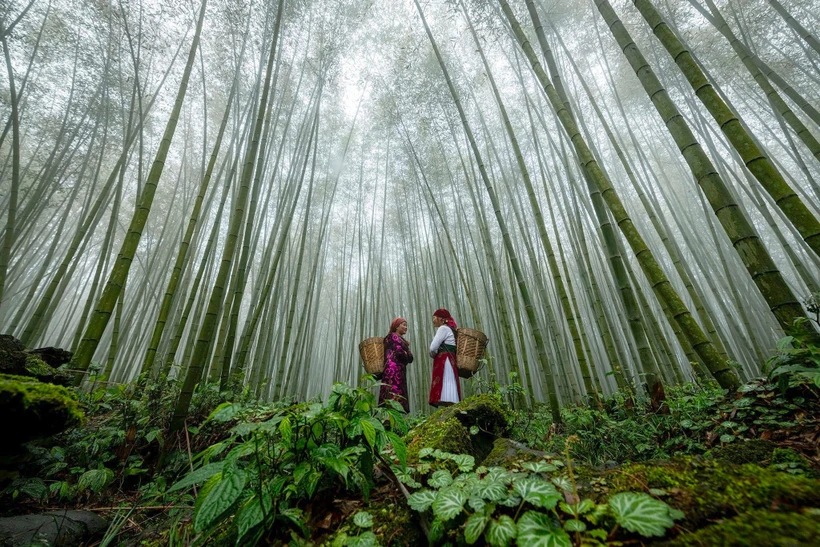


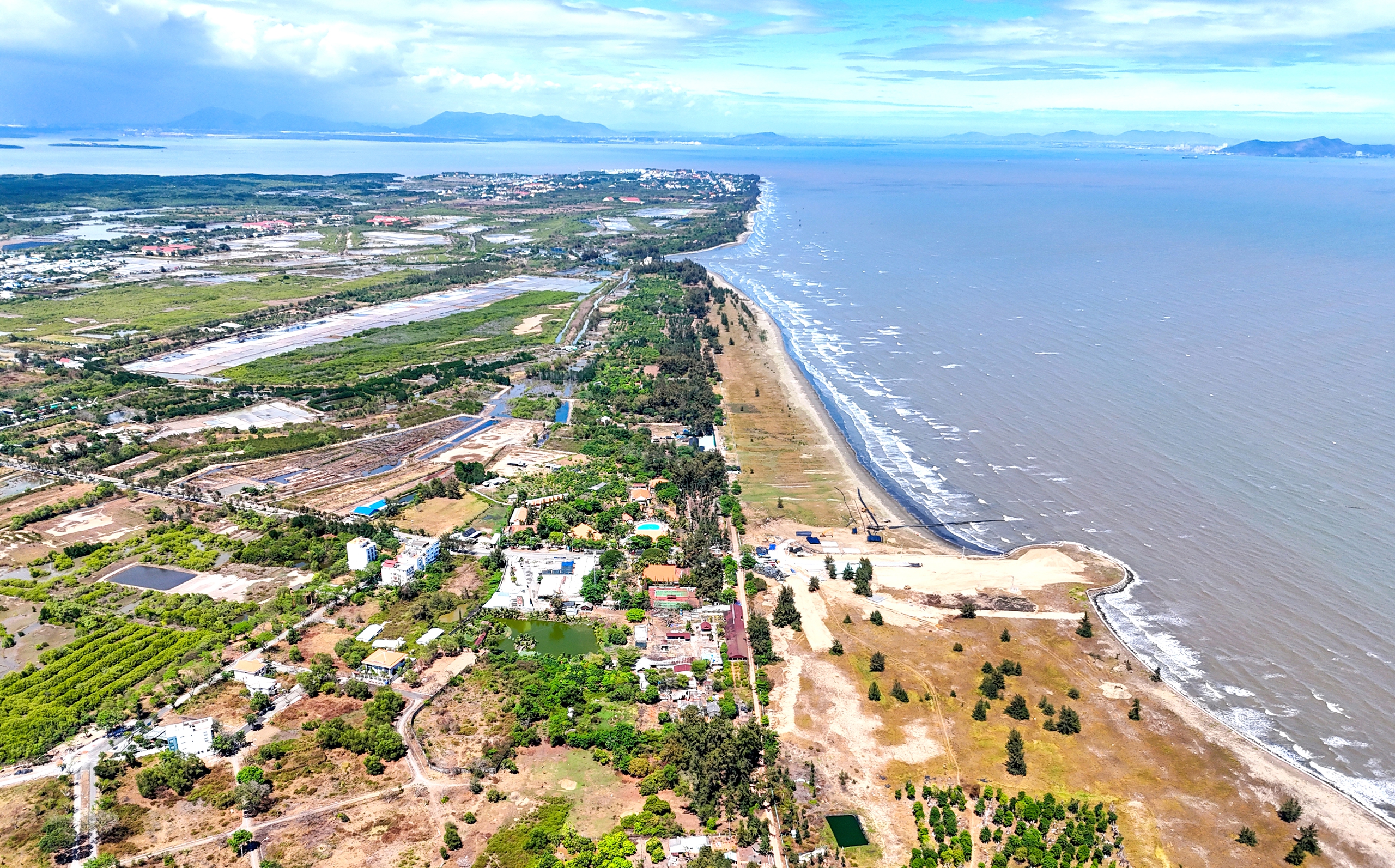






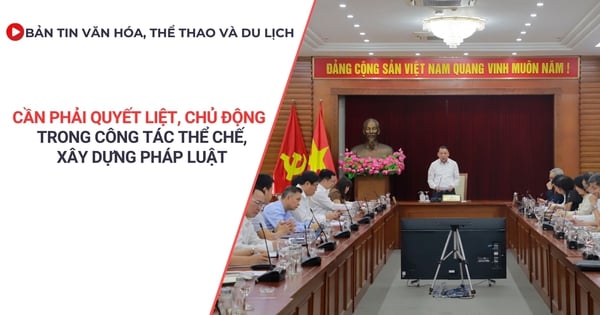






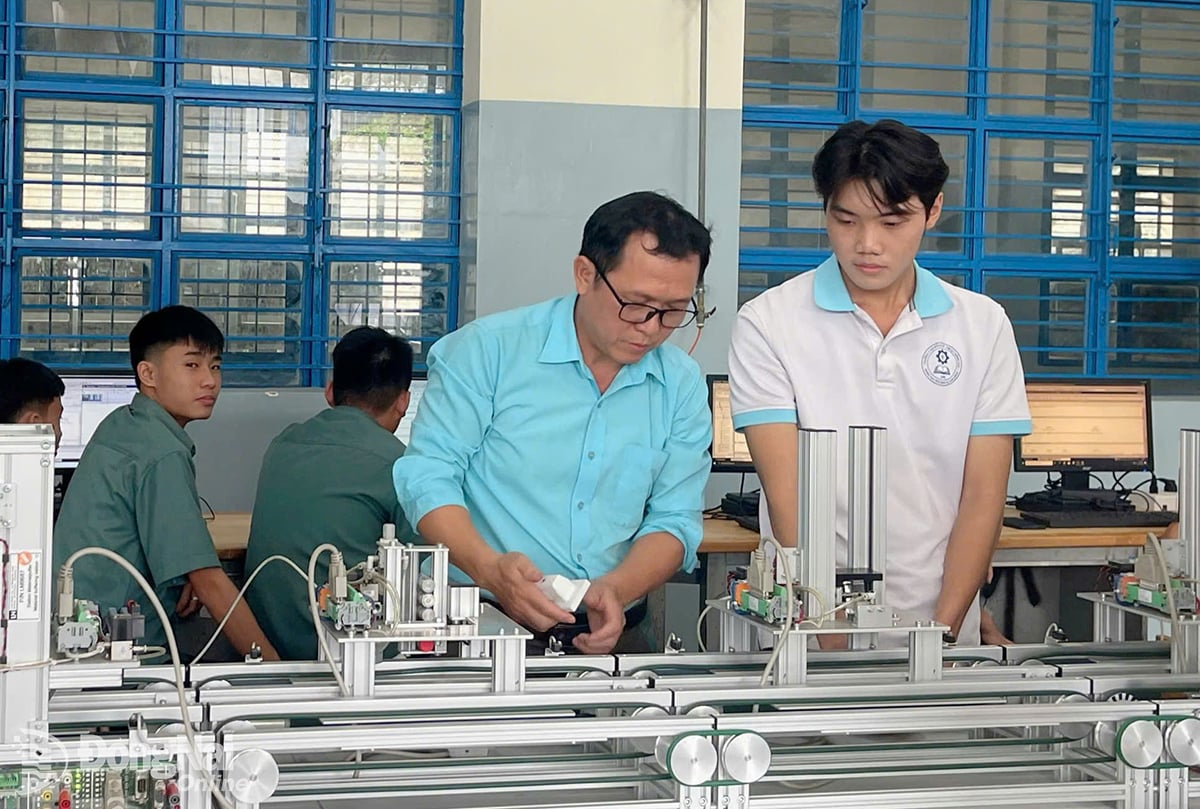

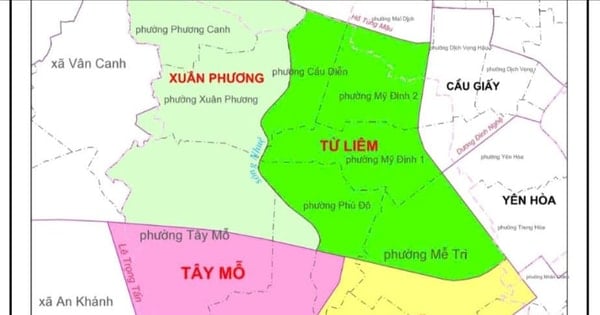
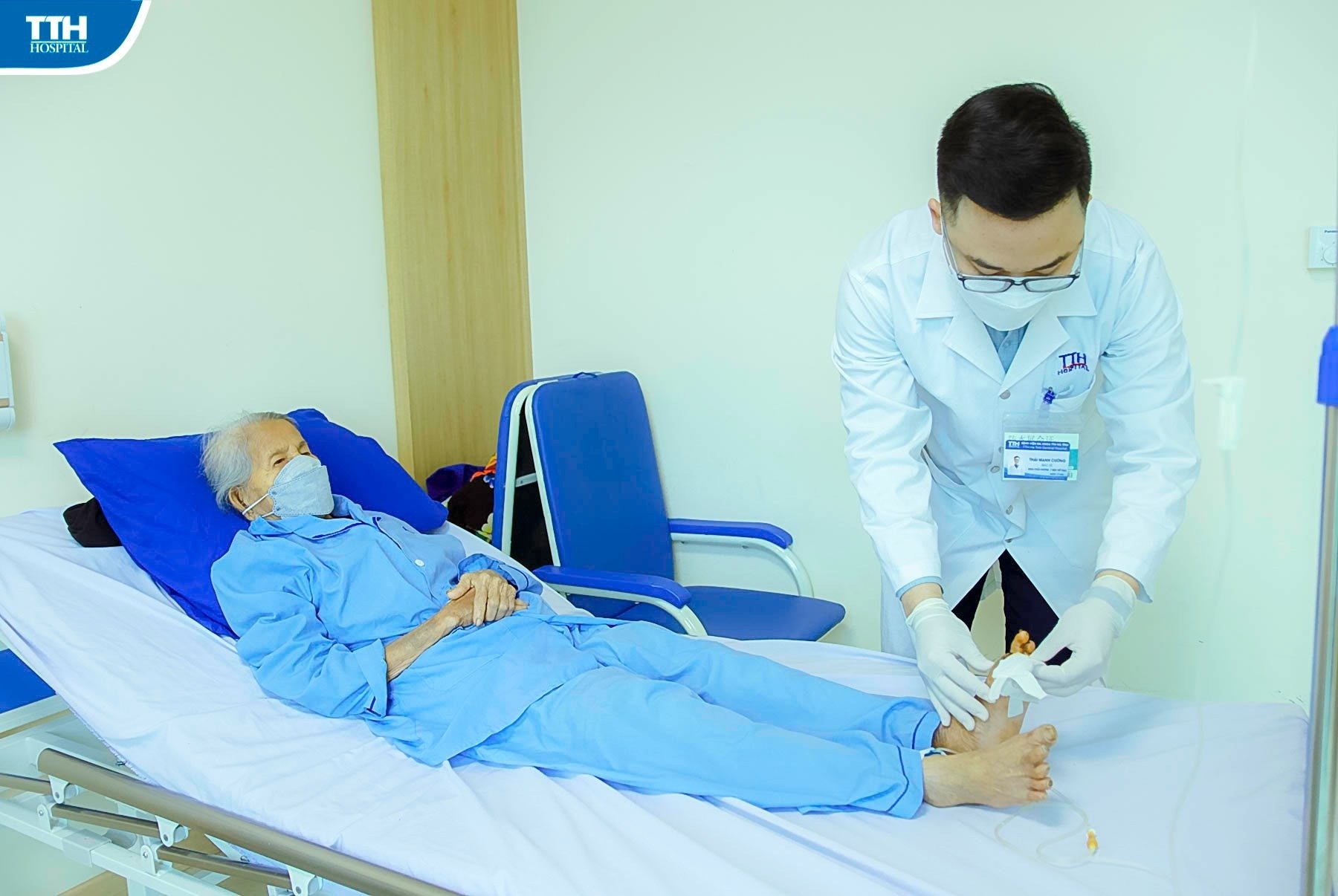
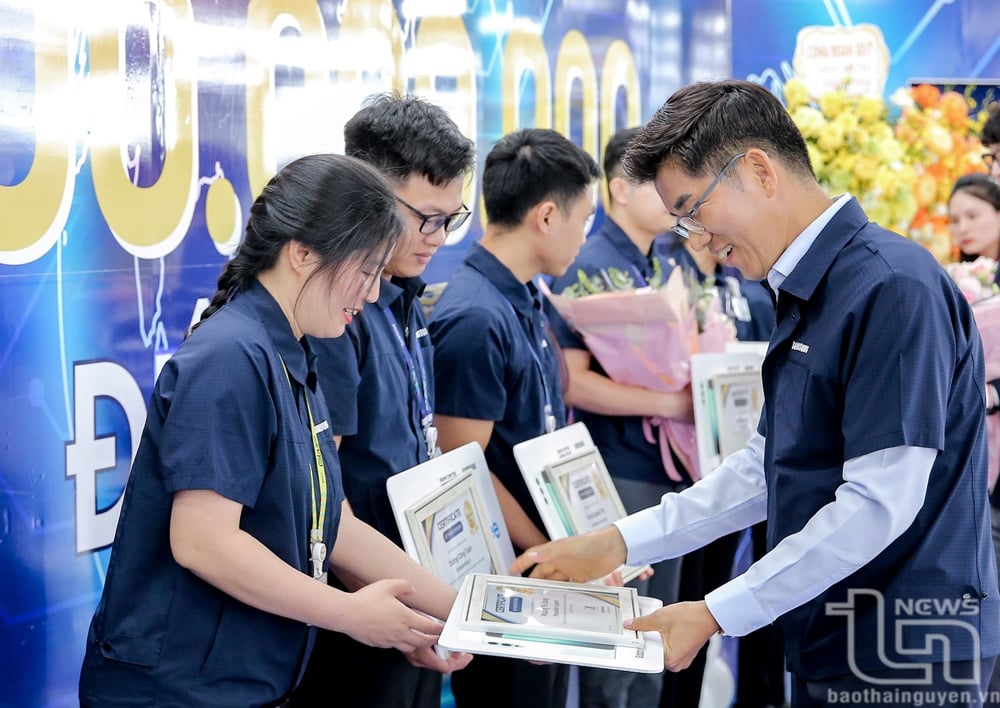

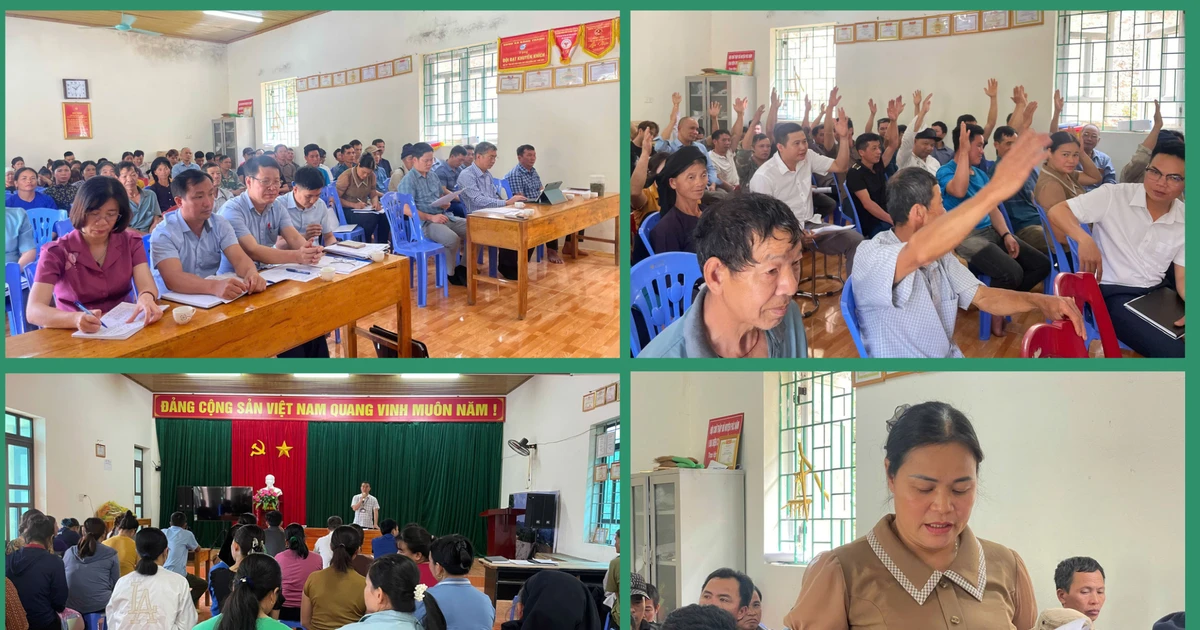

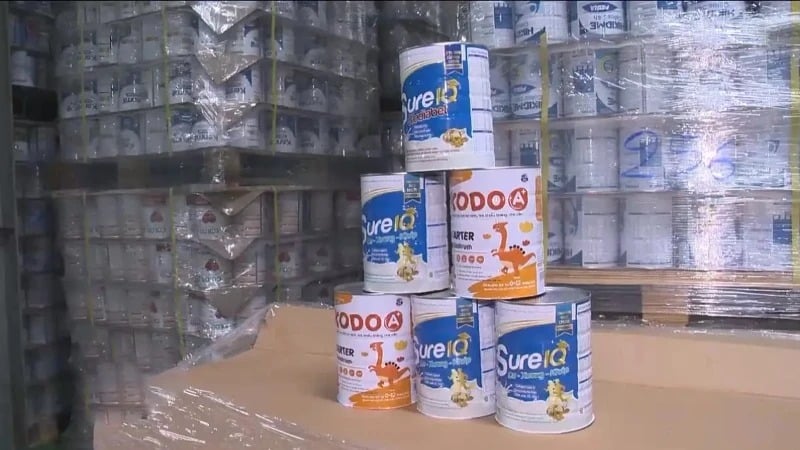










Comment (0)